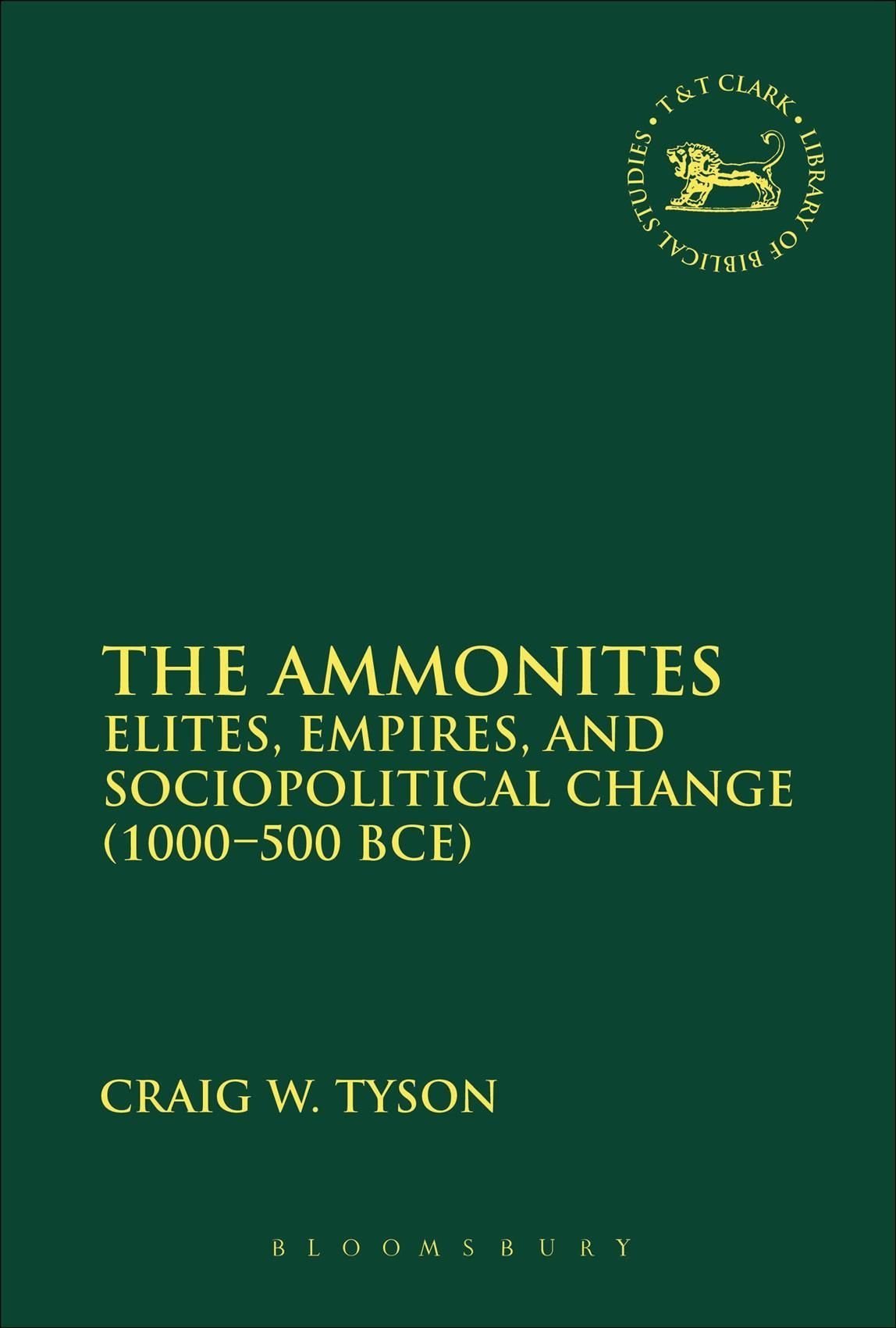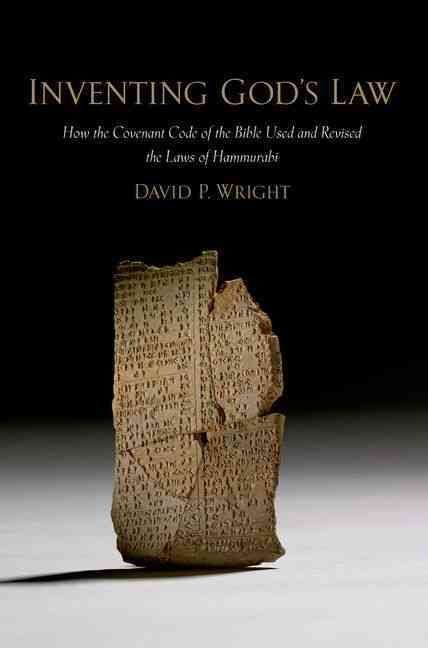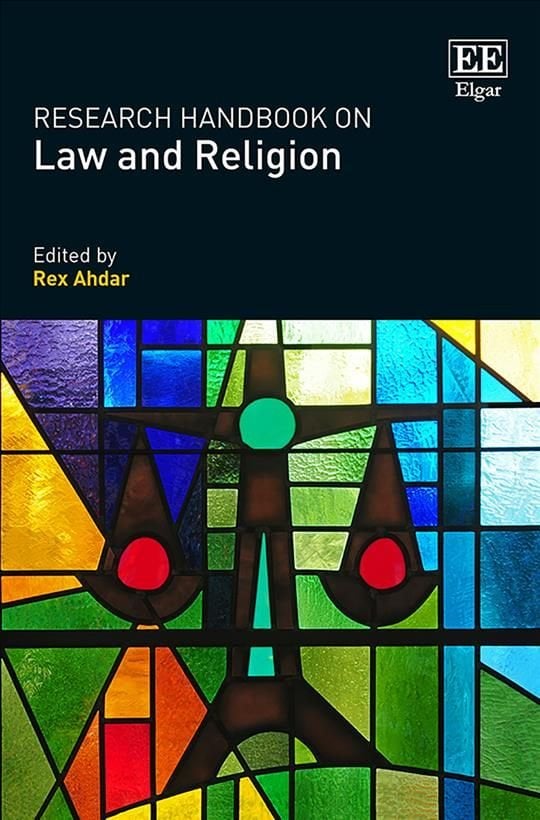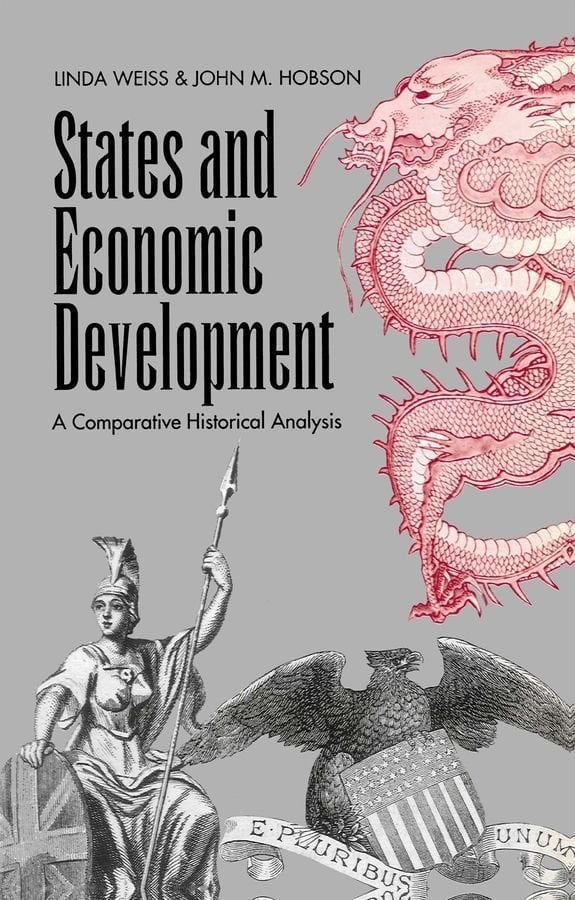This book investigates the archaeological, epigraphic, and biblical evidence for the course of Ammon’s history, setting it squarely within the context of ancient Near Eastern imperialism. Drawing on cross-cultural parallels from the archaeology of empires, Tyson elucidates the dynamic processes by which the local Ammonite elite made the cousins of biblical Israel visible to history. Tyson explains changes in the region of Ammon during the Iron Age II, namely the increasing numbers of locally produced elite items as well as imports, growth in the use of writing for administrative and display purposes, and larger numbers of sedentary settlements; in the light of the transformative role that the Neo-Assyrian and Neo-Babylonian empires played in the ancient Near East. The study also widens the conversation to consider cross-cultural examples of how empires affect peripheral societies.












